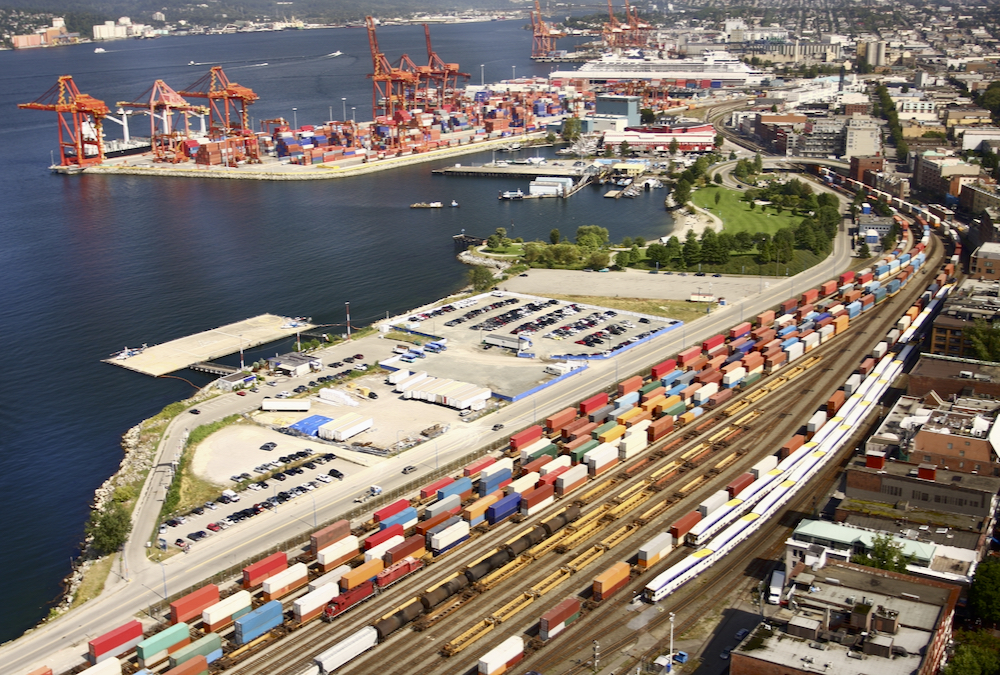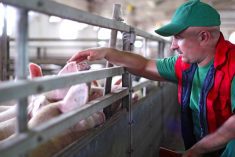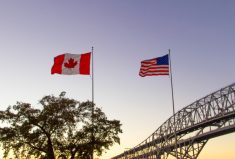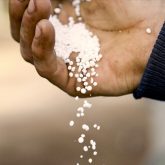Glacier FarmMedia – Canada is good at building coalitions and consensus. Maybe it’s time to get tougher.
“Why are you so concerned about upsetting people?” asked CropLife International President Emily Rees at the Canadian Crops Convention.
Canada could benefit from being “a little less sorry and not having the same fear of upsetting trade partners and being a bit more assertive in defending the interests of Canada.”
Read Also
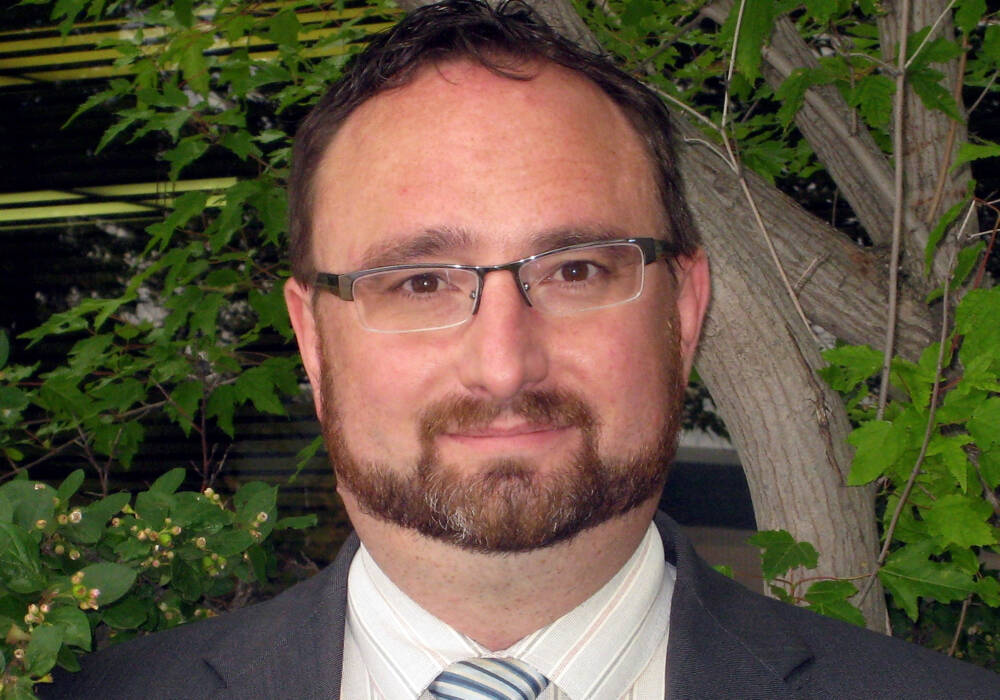
Agriculture, including the pork sector, has monsters to slay in 2026
Tariffs, trade protectionism and disruption; Uncertainty is weighing against what should be positive signals for Manitoba’s pork sector.
That suggestion arose from a question posed to Rees about where Canada could find a partner to push the trading cart back onto the path.
“Why do you need a partner?”
Rees is British and her organization is based in the European Union capital of Brussels, so she has a broad view of international trading realities. Her organization, representing the biggest global players in crop products, has a vested interest in protecting and preserving the world’s rules-based and science-based trading system.
That system has been under attack for most of a decade, which is challenging for trade in agricultural products. It’s also making it hard for farmers in all countries that rely upon global markets. They are loath to invest in the production of export commodities when they are repeatedly blocked by trade barriers that reduce profitability.
Canada has a vested interest in rejuvenating the world trading order. For Western Canada, the need is critical. Most of what is produced there must find markets outside Canadian borders.
The country has done a great job of stoking the remaining embers of pro-trade sentiment, most recently with formation of the Ottawa Group, which unites many of the advanced and exporting nations of the world. The Europeans and British are members, as are Australia and Brazil. Japan and South Korea are also part of the gang.
That’s a good foundation upon which to build.
But Rees’s point is that being a convenor of coalitions may no longer be enough. Getting free-flowing trade back on the rails might require less conciliation and consensus building, and might also bring awkward moments when spades are called spades.
Should Canada do that?
With both the European Union and U.K., we have shared support for the principle of rules-based trade, but we have trade conflicts with both. The U.K.-Canada trade talks have broken down over beef and cheese, while there are numerous disputes with the EU over non-compliance with the Canada-EU free trade deal and WTO rules.
Confronting our trade partners about their trade hypocrisies, and hearing their complaints about ours (supply management, anybody?) would be awkward even if Canada was willing to have more honest and forthright relations with trading partners.
Is Canada up for that?
It’s hard to see it happening any time soon. The Canadian government has been operating with minority governments for most of the past two decades. Neither of our dominant political parties wants to risk upsetting farmers in the run-up to the next federal election.
As veteran Canadian agricultural trade negotiator Steve Verheul observed, “I get the sense they’re overwhelmed by day-to-day issues.”
Canada might serve an invaluable role in championing rules-based trade, but until our next election is over and some government feels confident that it will have a few years to take on a daunting agenda, it’s hard to see Canada rising to the challenge.
Still, it’s nice to think of a Canada that could act more self-assured and willing to stand its ground. We might do better than we fear.


